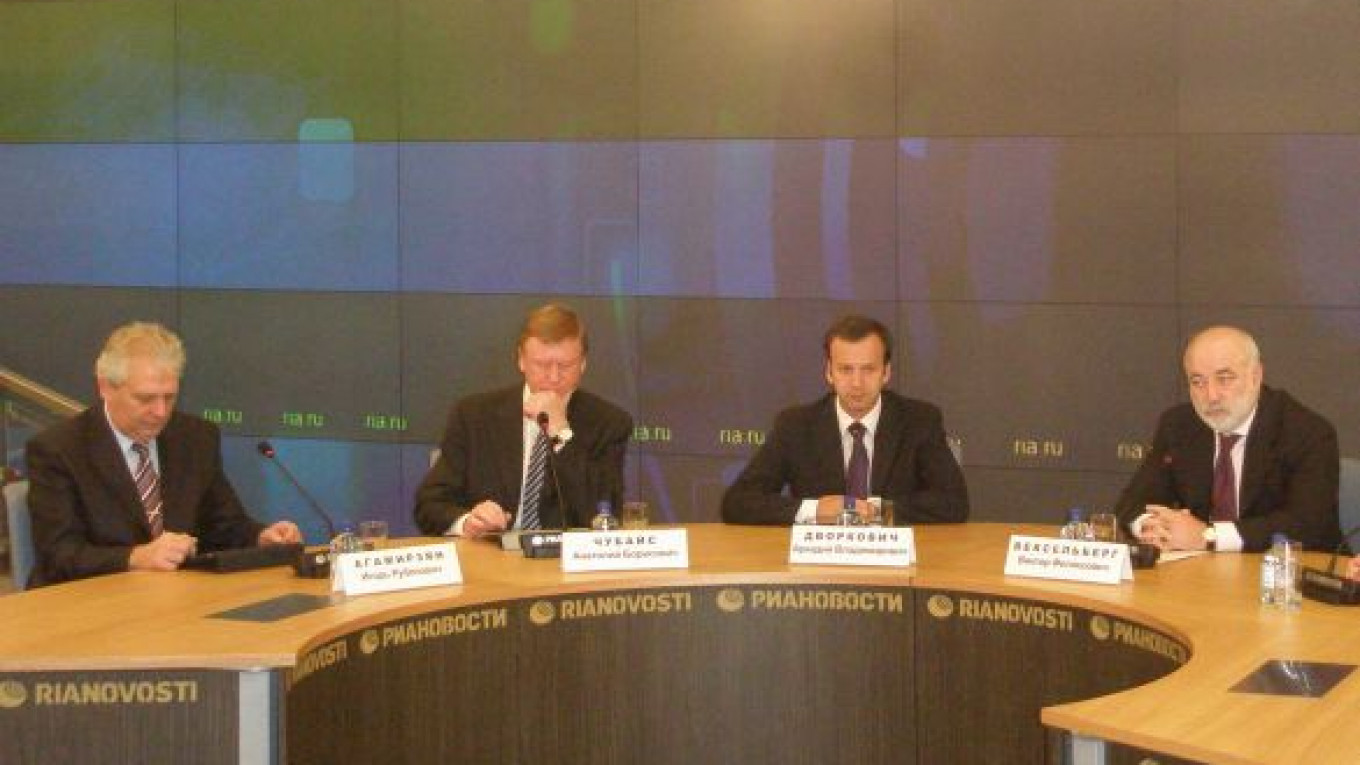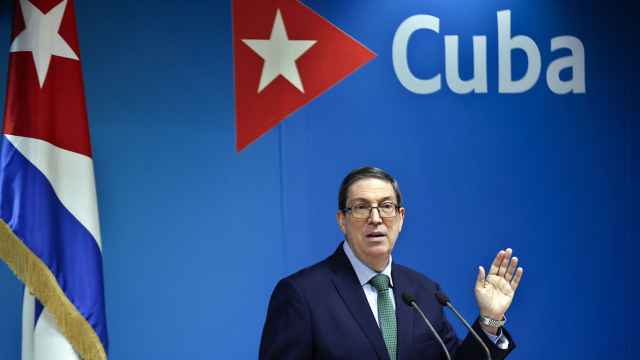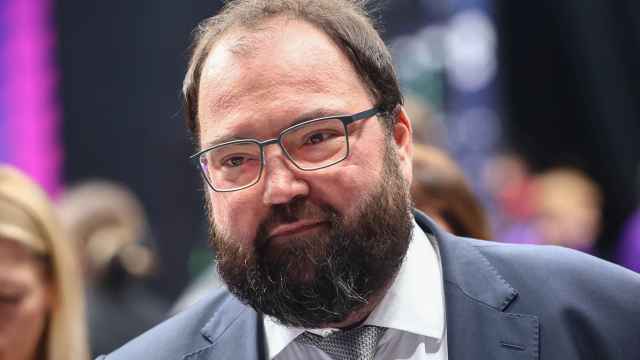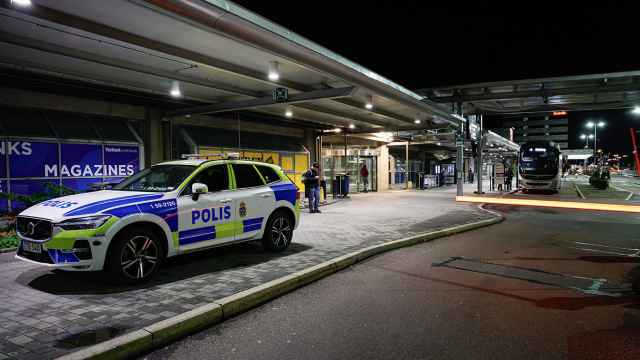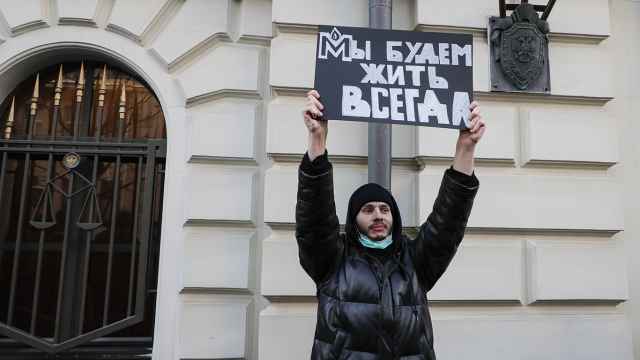President Dmitry Medvedev's modernization committee will review the status of the nanotechnology sector, including plans to invest in more than 13 domestic factories and develop local expertise via a partnership with the Massachusetts Institute of Technology, during its meeting on Wednesday.
The 27th meeting of the group, whose goal is to monitor and promote the technological modernization of the economy at the executive level, will take place on Wednesday, the first day of the nanotechnology international forum in Moscow.
Rusnano chief executive Anatoly Chubais and Russian Venture Company general manager Igor Agamirzyan will report to the committee on the activities of Rusnano and its investments over the past year.
In 2011, Rusnano has earned about 10 billion rubles ($312 million) on manufacturing products using nanotechnology — nearly half of the state corporation's total turnover.
The products include specialized coatings to protect aluminum, magnesium and titanium from corrosion and increase heat resistance, as well as radio frequency identification of retail products as a way to reduce lines at grocery stores.
In an effort to develop specialists for the industry, Skolkovo Foundation president Viktor Vekselberg and MIT president Susan Hockfield will discuss their collaboration during the committee meeting.
"One of the main problems facing the work force today is the lack of specialists to prepare them for jobs of the future," Vekselberg said Tuesday.
The faculty at MIT will assist in defining the structure and organization of a branch of Skolkovo, to be called the Skolkovo Institute of Science and Technology, or SIST, which Velkselberg said "will not be a state university but an independent one."
Vekselberg said the university would consist of 15 research centers for 1,200 undergraduate and 400 graduate students, and employ 400 to 500 professors.
Marina Nekrylova, general director of NanoDerm, a company that makes cosmetics using nanotechnology, will address the committee on Wednesday. VAM Group board chairman Yevgeny Spektor will speak on global trends in the medical industry and how nanotechnology is assisting in the fight against tuberculosis and AIDS.
A Message from The Moscow Times:
Dear readers,
We are facing unprecedented challenges. Russia's Prosecutor General's Office has designated The Moscow Times as an "undesirable" organization, criminalizing our work and putting our staff at risk of prosecution. This follows our earlier unjust labeling as a "foreign agent."
These actions are direct attempts to silence independent journalism in Russia. The authorities claim our work "discredits the decisions of the Russian leadership." We see things differently: we strive to provide accurate, unbiased reporting on Russia.
We, the journalists of The Moscow Times, refuse to be silenced. But to continue our work, we need your help.
Your support, no matter how small, makes a world of difference. If you can, please support us monthly starting from just $2. It's quick to set up, and every contribution makes a significant impact.
By supporting The Moscow Times, you're defending open, independent journalism in the face of repression. Thank you for standing with us.
Remind me later.


